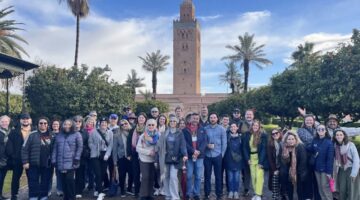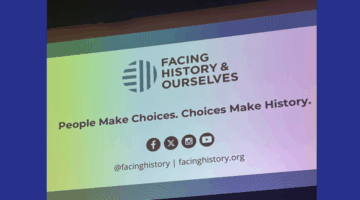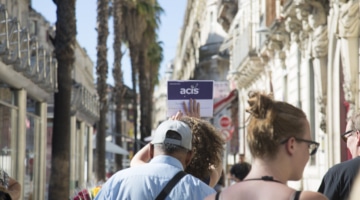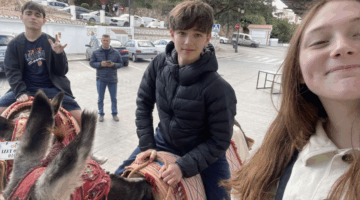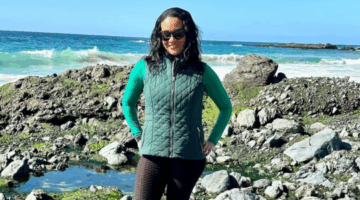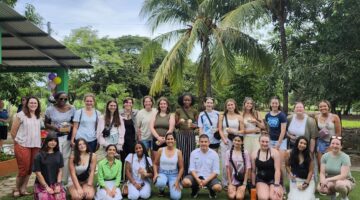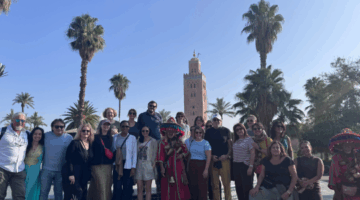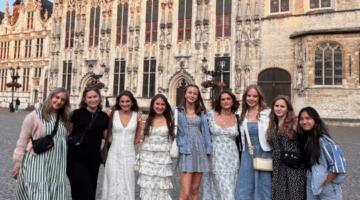3 TEDTalks on Tolerance
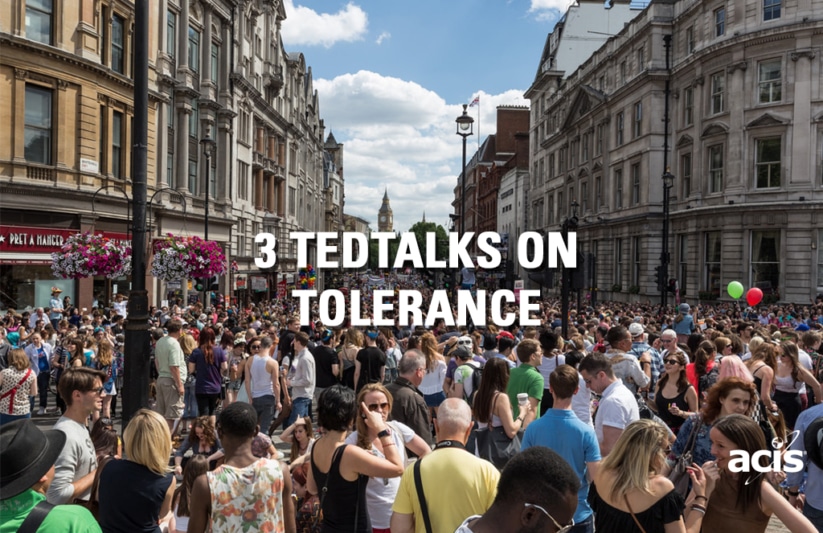
Travel Changes Lives. At ACIS, those three words define what we do every single day. We’ve documented hundreds of cases of young people’s lives being indelibly changed for the better due to the time they spent traveling with ACIS. In today’s day and age, it’s as important as ever.
While traveling helps young people develop leadership skills like confidence, cultural awareness, responsibility and perspective, perhaps the attribute young people need more than ever is tolerance. Learning to live with those who represent a different opinion, worldview, or cultural background is a vital skill. Our world is getting smaller all the time, and as our younger generation grows and enters the working world, it’s becoming increasingly essential that they’re able to interact and collaborate with those who may not look and act exactly like them.
I was thinking about all of this while listening to the Ted Radio Hour Podcast this past weekend. Three podcasts were featured that hit this topic head-on. Here they are in their entirety:
Aziz Abu Sarah: For more tolerance, we need more … tourism?
Aziz Abu Sarah is a Palestinian activist with an unusual approach to peace-keeping: Be a tourist. The TED Fellow shows how simple interactions with people in different cultures can erode decades of hate. He starts with Palestinians visiting Israelis and moves beyond …
Vernā Myers: How to overcome our biases? Walk boldly toward them
Our biases can be dangerous, even deadly — as we’ve seen in the cases of Michael Brown in Ferguson, Missouri, and Eric Garner, in Staten Island, New York. Diversity advocate Vernā Myers looks closely at some of the subconscious attitudes we hold toward out-groups. She makes a plea to all people: Acknowledge your biases. Then move toward, not away from, the groups that make you uncomfortable. In a funny, impassioned, important talk, she shows us how.
Arthur Brooks: A conservative’s plea: Let’s work together
Conservatives and liberals both believe that they alone are motivated by love while their opponents are motivated by hate. How can we solve problems with so much polarization? In this talk, social scientist Arthur Brooks shares ideas for what we can each do as individuals to break the gridlock. “We might just be able to take the ghastly holy war of ideology that we’re suffering under and turn it into a competition of ideas,” he says.
Tolerance and cultural awareness go hand-in-hand. At the end of the day, we’re all in this together. We want to create a world where diversity is celebrated, and cross-cultural collaboration is the norm because that’s the only way we’ll solve the problems that affect all of us.
How do you foster tolerance and cultural awareness with your students? Tell us in the comments section below!


